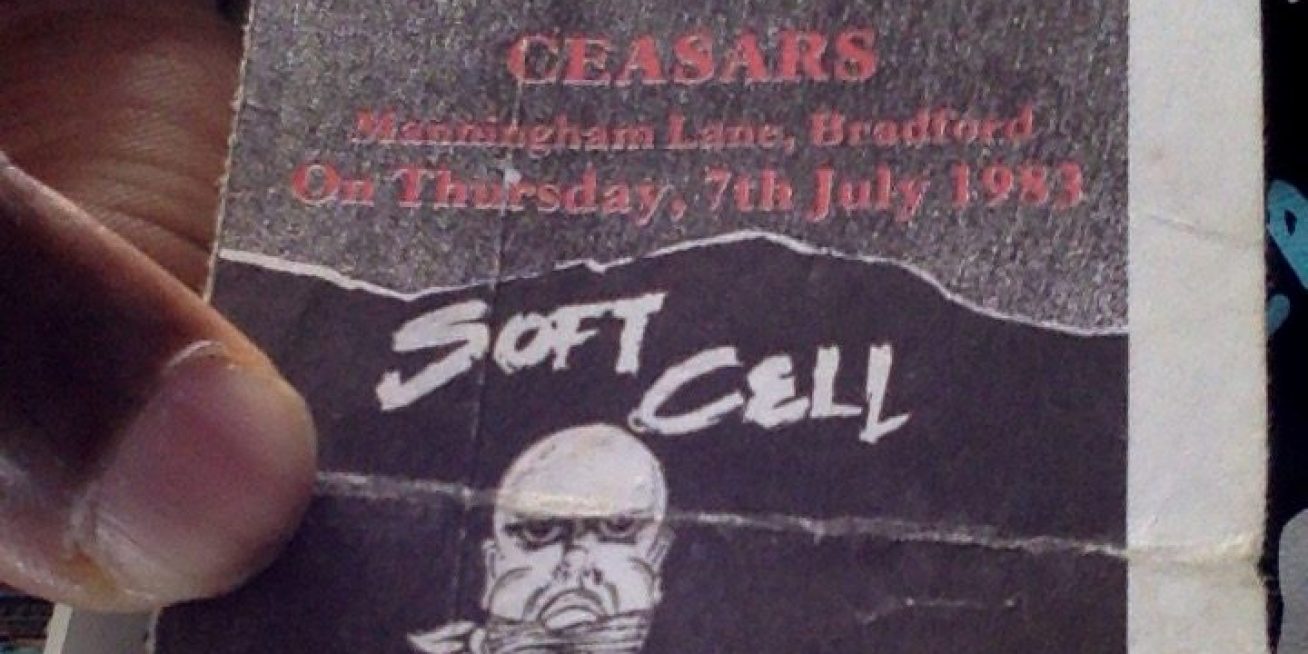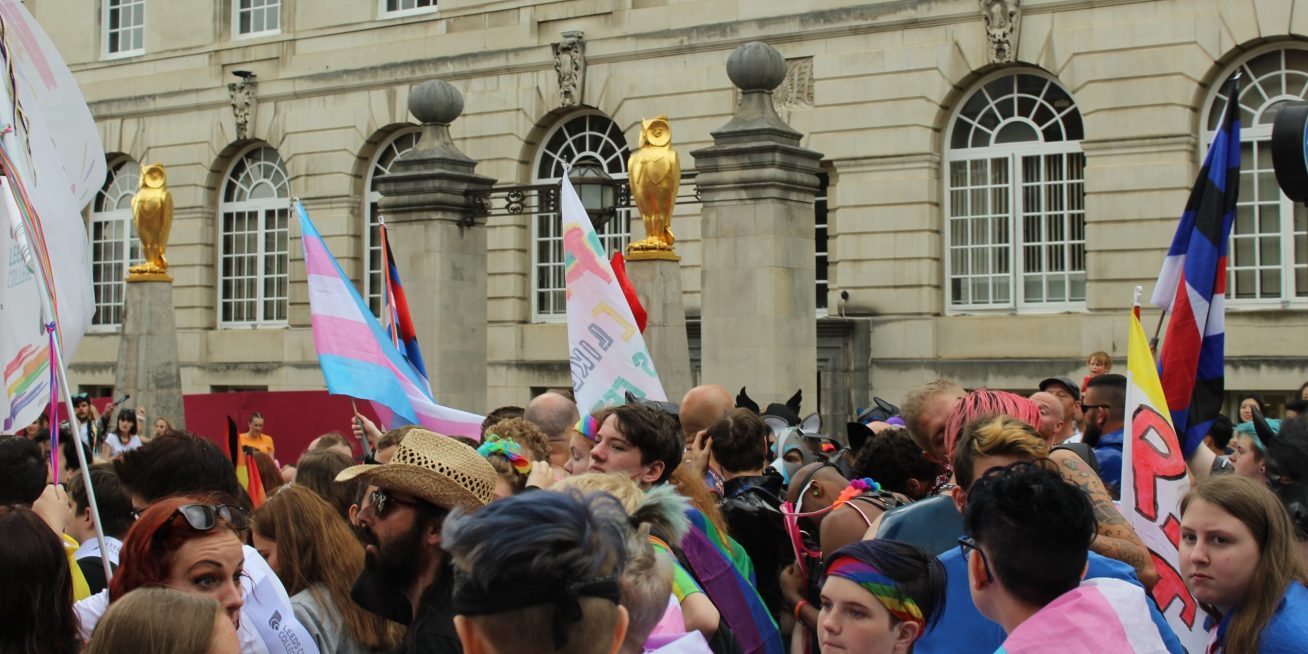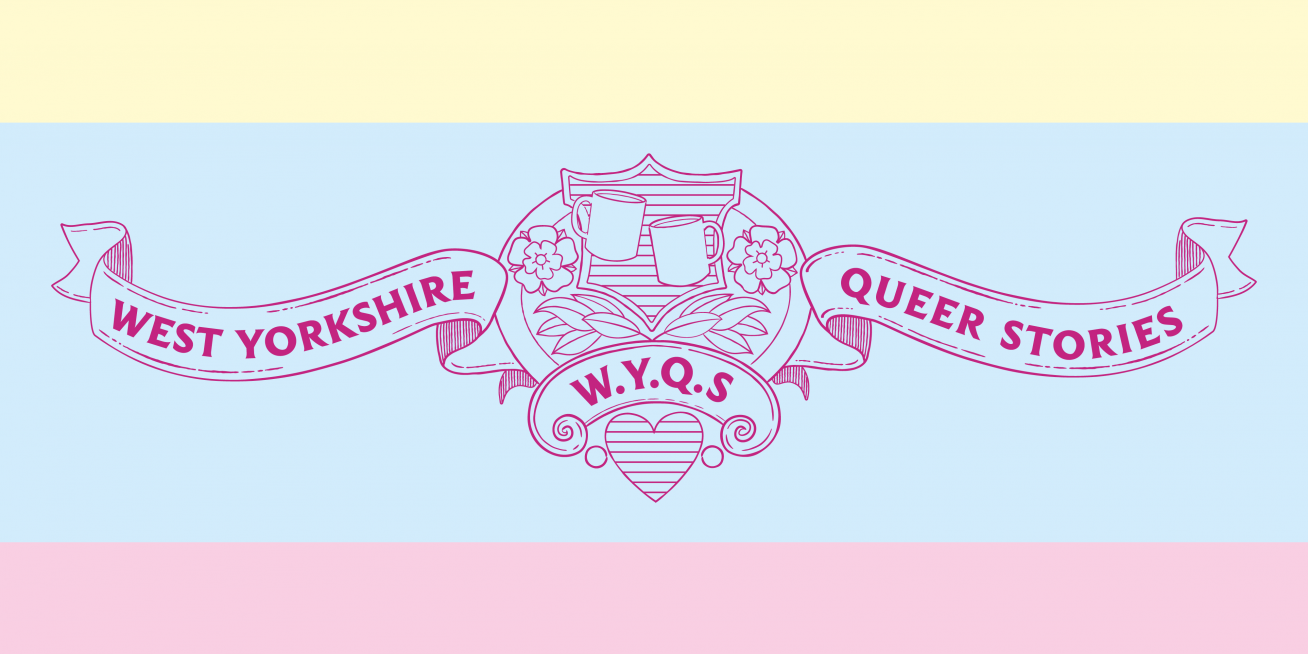'I feel like I’m just the guy I should’ve been'
Fred talks about his 'trans history' and how he told his parents about his gender dysphoria.
TRANSCRIPT
F: These days I would say I’ve got a trans history, but I don’t really consider myself trans anymore now I’ve fully transitioned. But, obviously, I can’t deny that’s [laughs] that’s how I started out.CH: Okay, great, that’s really interesting. In terms of your reasoning behind that, is there a specific – have you kind of come to that way of identifying for a particular reason, or is it just…?
F: It’s pretty much just how I feel now that my body feels completely right, and I’m finally comfortable in my own skin. I just don’t particularly feel like a trans guy anymore. But if I’m talking to someone about my history I will for ease just call myself trans, but otherwise I’m just, I feel like I’m just the guy I should’ve been, now, at long last.
CH: That’s great. So can you tell me a little bit about your like early childhood experiences?
F: Yeah, I – from as far back as I can remember I had gender dysphoria. I just felt 100% male, wasn’t comfortable being misgendered or – I think it was less about my body as a young kid, and more obviously once you could through the wrong puberty then that becomes more of an issue, but all my friends were boys to begin with at school, they were my three I’d call best friends probably, and I used to love going round to their houses to play with the, all the toys that they had that my mum wouldn’t let me have cos she felt they were a bit too, violent maybe. I mean, I was quite lucky that mum didn’t really see any problem with me playing with the toys I wanted, and wearing pretty boyish clothes, cos she figured it was a phase I’d grow out of [laughs] like a tomboy. But there were certain things, like I say, that she’d, if she’d think it was a bit violent she didn’t want me to have it, so I’d be going round to my friends’ houses, just like ‘yeah’, I can play with these toys all I want. So I was quite lucky in some respects, but it was obviously hard. I just wanted to be just the same as any other lads at school and – obviously as a kid, when there’s a toy you want and you’re not allowed it, obviously it’s the same for any kid. Things like that were tough.
And as I got a bit older, when you get to that age where boys don’t play with girls the three male friends I had sort of – a couple of them didn’t particularly want to know anymore but one of ‘em did actually take to bullying me with the other kids that already were bullying me, so that was obviously hard. [I: Inaudible] Yeah, but then it was like the, it was kinda like the girls didn’t wanna know either, cos I’m pretty sure they sort of subconsciously knew that I wasn’t one of them. So it was kind of, it was almost like, well a lot of the time I would be the loner in the playground but there were a couple of girls that’d talk to me, sort of like the outcasts together, I guess [laughs]
CH: How did that make you feel?
F: I was… I was really depressed from a young age. Sort of like living in this pit of like depression and despair because I had no idea that there was any medical help available. I mean, growing up in the 90s it was obviously less well known than it is now. And, I think… I had quite a sheltered upbringing where me parents, they were very strict about watching things like films with a certificate, like say a 15, I didn’t get to watch any 15s until I was actually 15. So, I didn’t really see anything on TV, although I sorta knew about some people were gay but I don’t think I ever really saw anything to do with gender, so I kinda thought I was just this freak of nature that was like the only one to be this way and I couldn’t understand why I was the way I was and stuff. So yeah there was this despair cos I didn’t think there was any way out other than killing myself, and it did get to the point where, about 15 I think I’d sort of, I was sort of reaching the point where I’d had all I could stand, and I was losing my strength and I was on the verge of suicide. But luckily, I actually stumbled across a trans woman’s site, which probably saved my life cos it kind of explained sort of the science theory about the brain developing as the opposite gender to the body, which made so much sense to me. It just like explained everything for me. And the fact that she said there was hormone therapy and surgery, then it was just like there was this light at the end of the tunnel, and I actually had something to live for then, so.
CH: That’s really good. So once you’d sort of been able to words to how you were feeling, what were your next steps?
F: My first thought was that if I could just manage ‘til 18 then if my parents freaked out and like disowned me or anything then at least I’d be an adult and they couldn’t stop me. That lasted a week [laughs]. And then I was just, I was just like so, so down, and the dysphoria was so severe, and like I say, I was depressed, and I think even though I then had something to live for and to cling to, it kind of wasn’t enough, it was like things needed to change or I was gonna end it, basically. So, I really wanted my parents to – I wanted to try and… get over to them like what’s it like, logic in my head, I wanted them to sort of understand it. So, I didn’t want to just come out and tell them, and for it to be like misunderstood or anything, or for them to think it might be a phase. But just writing a letter felt too impersonal, so I actually wrote what I called a speech so with the intention of actually reading it to them, but, but then because the words would be there on the paper I knew I’d be able to like say what I wanted, and I did ask them to sort of not say anything ‘til I’d got to the end of it. So it ended up being a five page long, five A4 pages long thing [laughs].
It’s one of the hardest things I’ve ever had to do was getting to the end of that, I was so nervous the paper was shaking in my hands and my parents were quite tearful and I got quite tearful. But again, I was lucky, they were, after the initial shock, getting their head round things, they’ve been so understanding and supportive, and this was a Saturday night, they’d been out for a meal somewhere, I think. And so, cos I knew I’d bottle out of it if I didn’t, and I sort of said to ‘em, ‘when you get back I need to talk to you about something’. So my poor parents were like kind of ruining their evening then cos they knew it was serious or I wouldn’t have said anything. But I’m pretty sure I would’ve bottled out if I hadn’t said that, so yeah, so we got through that. Then I went to bed, cos it was pretty late by that time, and they were probably up for a bit, not able to sleep, bless ‘em [laughs]. And then the next day, they straightaway they were already thinking about things they could do to make it easier for me and they were sorta like, ‘where the hell do we go from here?’ And one of my aunts is a nurse, so my mum – my mum’s first step was to talk to her and ask her for advice, so she said you probably need to see your GP and see about getting referred to the specialist.






